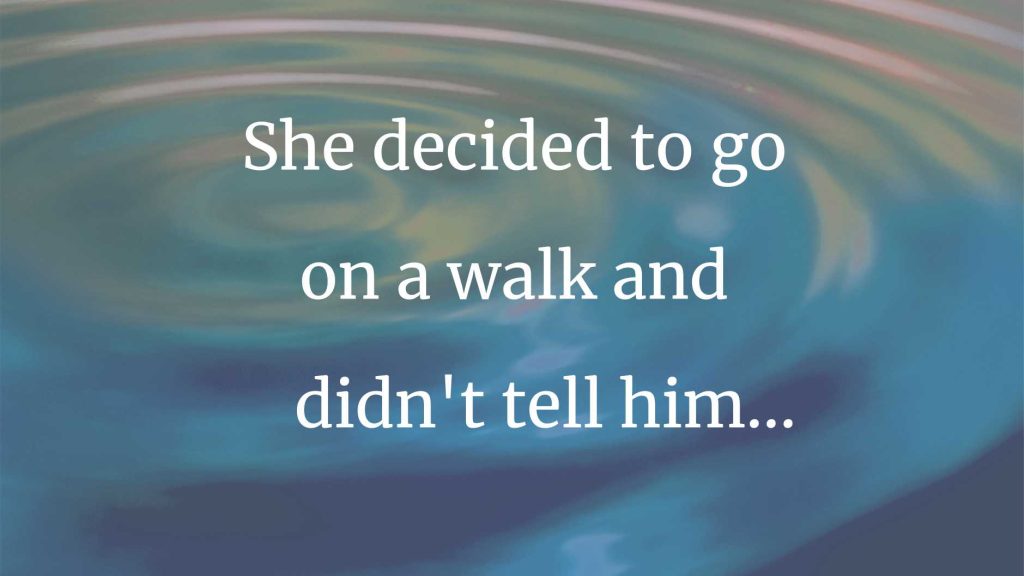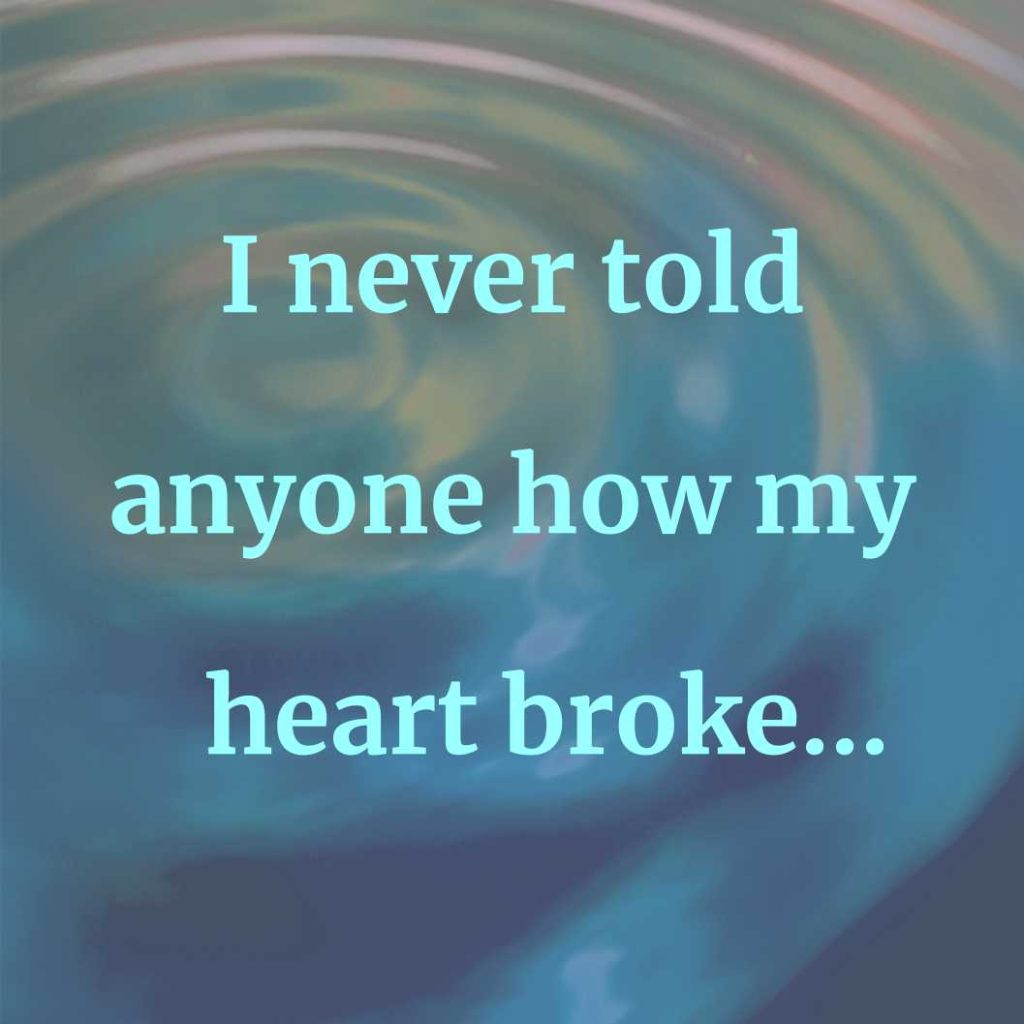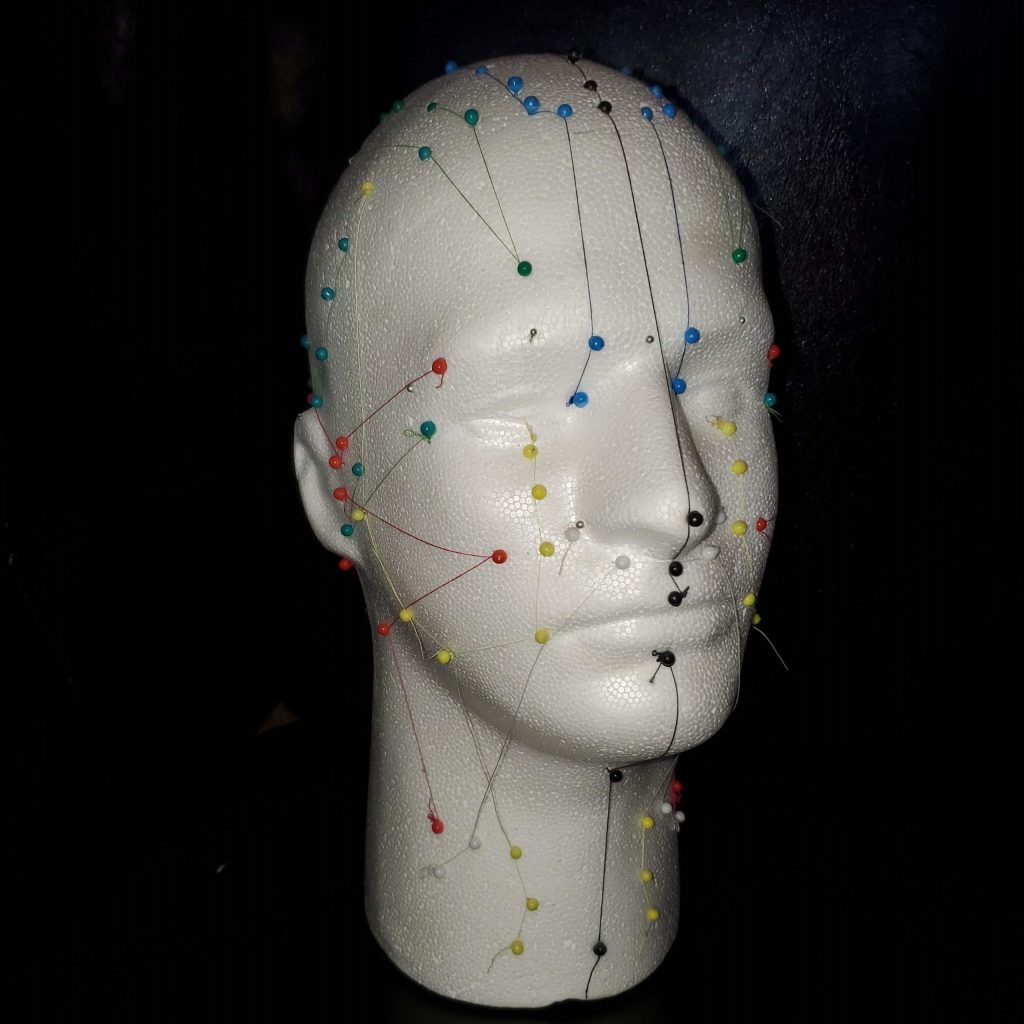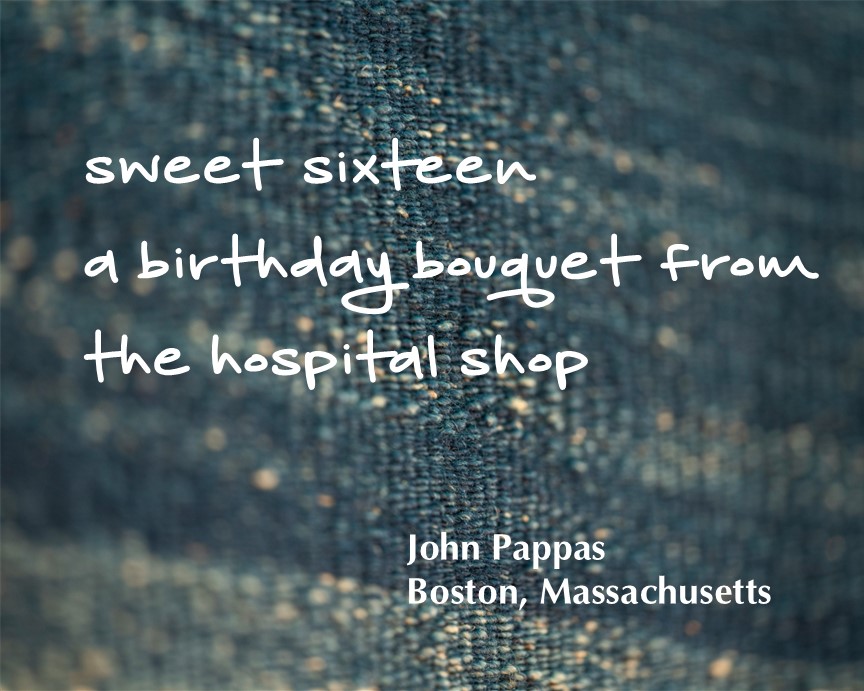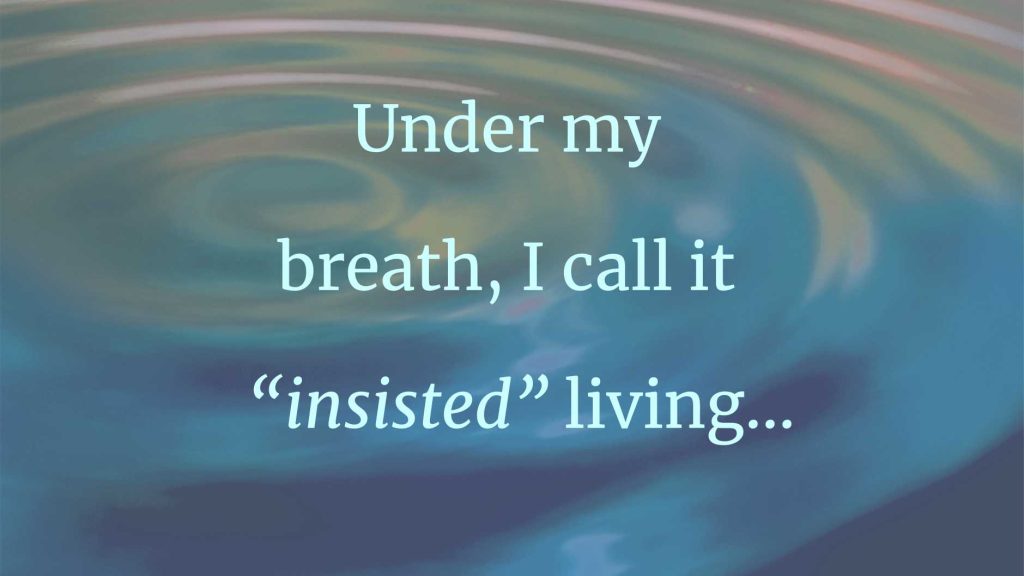The Brown Girl
I was 25 years old when I started my internship. My heart palpitated on my first day, as I made rounds on a long patient list. I was dressed in a long skirt and blouse under my white coat. My raven hair, brown eyes, and Indian accent made me stand out.
All my patients were cooperative and my day was going well—until I got to my last patient.
Mrs. S was a frail lady with tightly permed silver hair. Peeking out from under her covers, she took one look at me and asked in a Southern accent, “Who said you can enter?”

